Arthritis and joint pain are common health concerns affecting millions worldwide, particularly as they age. These conditions cause inflammation, stiffness, and discomfort in the joints, leading to significant pain and reduced mobility. While medications and surgeries are often recommended for arthritis management, many individuals are increasingly seeking natural remedies to alleviate symptoms without the side effects of pharmaceuticals. Herbal treatments have gained widespread popularity due to their effectiveness, affordability, and lower risk of adverse effects. Discover the top herbs for managing arthritis and joint pain naturally, including turmeric and ginger.
Understanding Arthritis and Joint Pain
Arthritis refers to over 100 conditions affecting the joints, with osteoarthritis (OA) and rheumatoid arthritis (RA) being the most common. Osteoarthritis results from the breakdown of cartilage, leading to bone-on-bone friction. At the same time, rheumatoid arthritis is an autoimmune disorder in which the immune system attacks the synovium, the lining of the joints. Joint pain can also be caused by gout, a condition marked by elevated uric acid levels, leading to crystal deposits in the joints, often affecting the big toe. Inflammatory joint pain can interfere with daily activities, but its symptoms can be managed effectively through natural methods.
Natural Ways to Manage Arthritis and Joint Pain
Managing arthritis and joint pain naturally involves dietary changes, exercise, lifestyle adjustments, and herbal remedies. Here are some natural strategies to help alleviate arthritis symptoms:
Maintain a Healthy Weight
Excess weight stresses the joints, particularly the knees, hips, and spine. Maintaining a healthy weight can reduce this strain, helping to slow the progression of arthritis and ease joint pain.
Stay Active
Regular exercise can enhance joint function, reduce stiffness, and improve flexibility. Low-impact activities like walking, swimming, and cycling are excellent for keeping joints mobile without aggravating pain. Strengthening the muscles around the joints provides additional support and can help decrease discomfort.
Dietary Adjustments
Certain foods have anti-inflammatory properties that can help alleviate joint pain. Incorporate omega-3 fatty acid-rich foods, such as fish, chia seeds, and flaxseeds, known for their inflammation-reducing effects. Additionally, foods high in antioxidants, like fruits and vegetables, can combat oxidative stress, exacerbating arthritis symptoms.
Stay Hydrated
Proper hydration is crucial for maintaining healthy cartilage and lubricating the joints. Dehydration can lead to stiffness and increased joint friction, worsening arthritis symptoms. Aim to drink plenty of water throughout the day.
Use Heat and Cold Therapy
Applying heat or cold to affected areas can provide immediate relief. Cold compresses can reduce inflammation and numb pain, while heat therapy helps relax tense muscles and improve blood circulation.
Practice Mindfulness and Stress Reduction
Stress can exacerbate chronic pain by triggering inflammation. Yoga, meditation, and deep breathing can help manage stress, improve mental well-being, and reduce pain.
These natural management techniques can help individuals with arthritis experience relief and improve their overall quality of life.
10 Herbs That Help Relieve Arthritis Joint Pain
Looking for herbal remedies for joint pain? Learn how nature’s best herbs, like willow bark, turmeric, and ginger, can alleviate discomfort and enhance joint health and relief from pain. Explore the benefits of incorporating herbs such as stinging nettle and chamomile into your routine for joint pain relief. Find out how herbs like devil’s claw and eucalyptus oil can relieve arthritis symptoms and joint pain.
Turmeric (Curcuma longa)
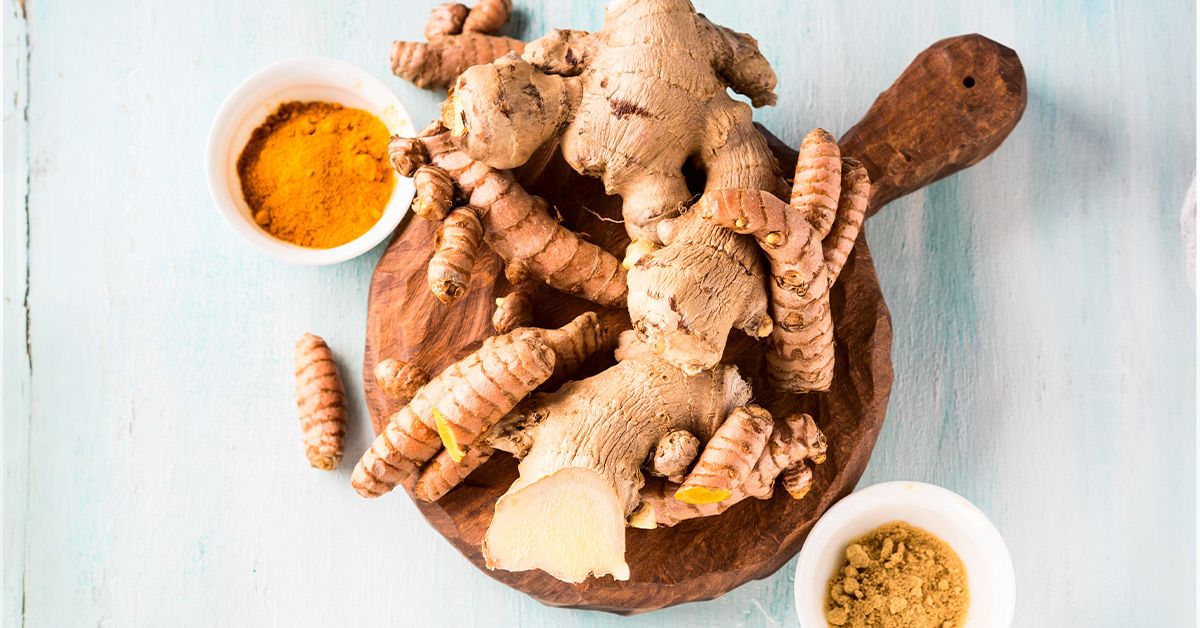
Turmeric is rich in curcumin, a potent anti-inflammatory and antioxidant compound that helps relieve arthritis pain and swelling.
Usage: Incorporate turmeric into your diet by adding it to curries, soups, or smoothies. Consider turmeric supplements (500-1000 mg daily) for concentrated benefits. You can also make a paste by mixing turmeric powder with water or coconut oil and applying it to affected joints.
Ginger (Zingiber officinale)
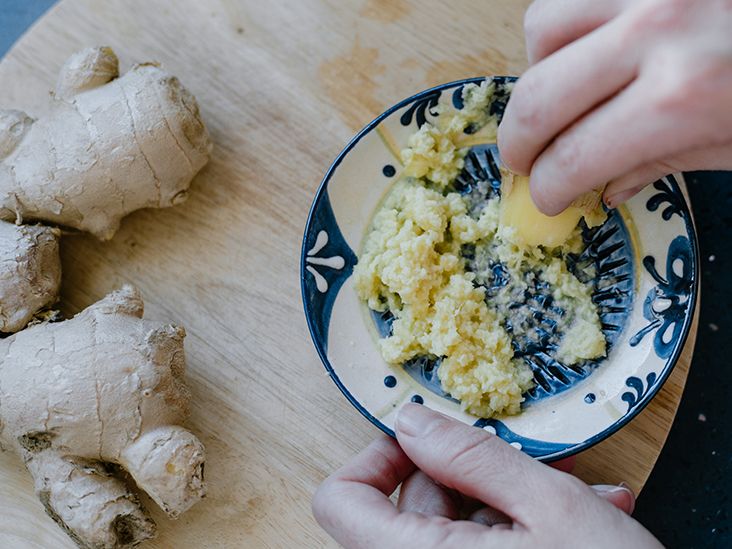
Ginger contains gingerol, known for its anti-inflammatory effects and can reduce joint pain, stiffness, and swelling.
Usage: Add fresh ginger to teas, smoothies, or meals. Alternatively, take ginger supplements (1-2 grams daily) or drink ginger tea several times daily for relief.
Boswellia (Boswellia serrata)
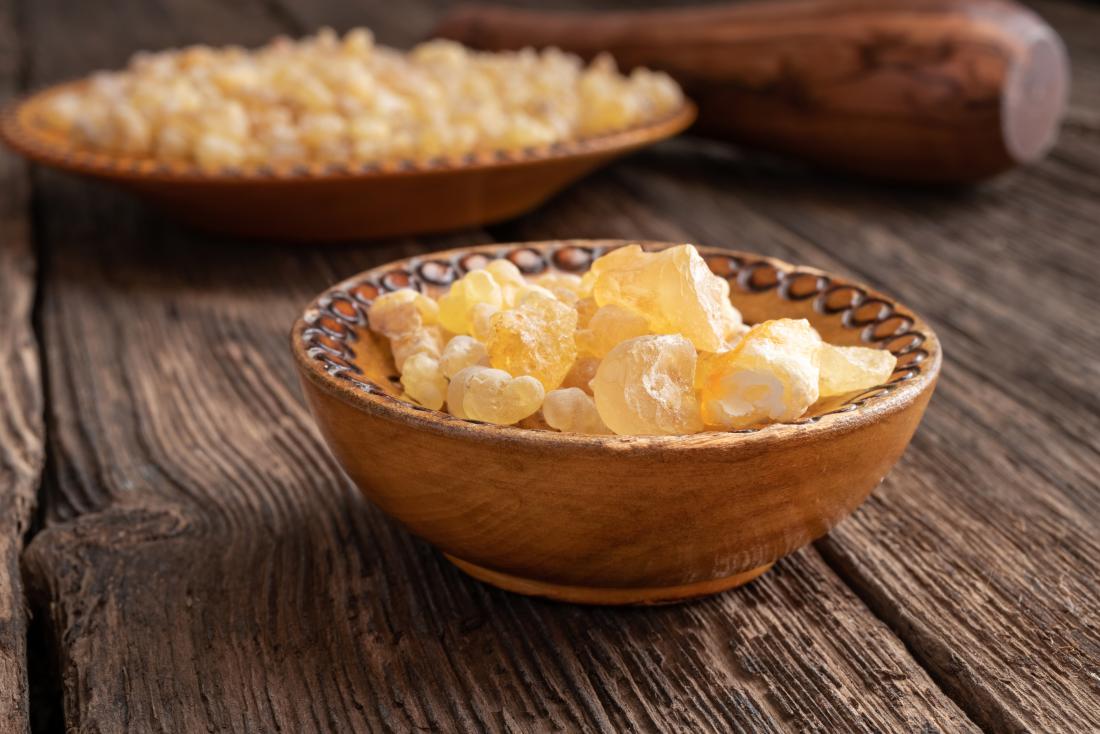
Known as Indian frankincense, Boswellia is a resin with powerful anti-inflammatory properties that help reduce joint pain and inflammation.
Usage: Take Boswellia in capsule or tablet form (300-500 mg, 2-3 times daily), or use topical creams for direct application to painful joints.
Willow Bark (Salix alba)
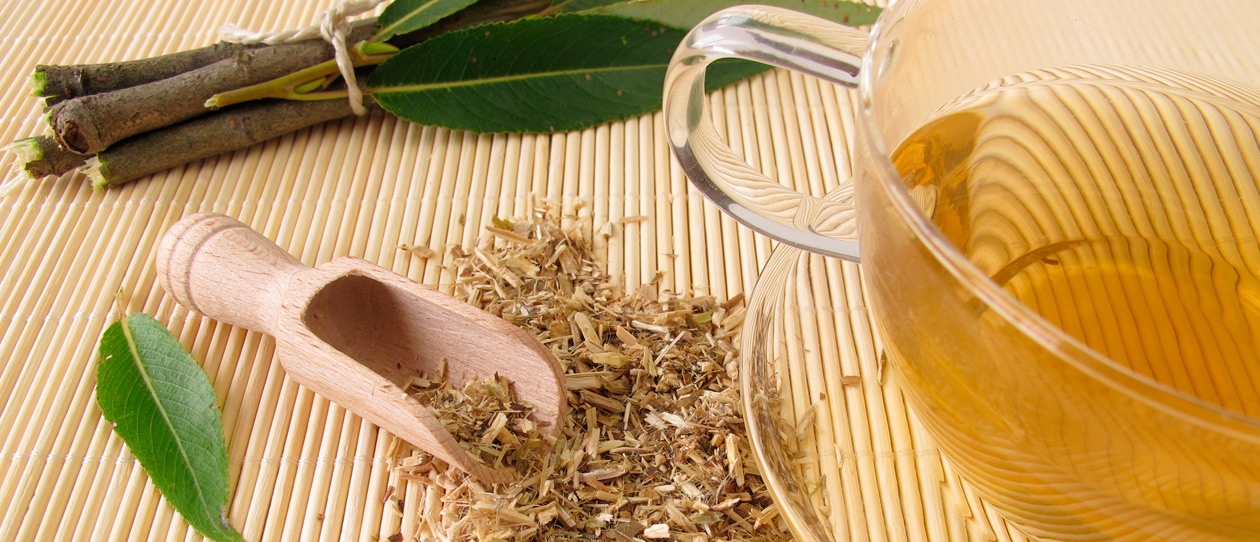
With its salicin content, Willow bark is a natural painkiller, reducing inflammation and joint pain.
Usage: Consume as a tea or in capsule form (250-500 mg, 2-3 times daily). Avoid if allergic to aspirin or on blood-thinning medications.
Devil’s Claw (Harpagophytum procumbens)
:max_bytes(150000):strip_icc()/139824781-569fedca5f9b58eba4adf806.jpg)
Native to Africa, devil’s claw has strong anti-inflammatory properties, making it practical for osteoarthritis and rheumatoid arthritis.
Usage: Available in tablet, capsule, or tincture form, 600-1200 mg daily is commonly used for arthritis relief.
Eucalyptus (Eucalyptus globulus)

Eucalyptus oil is known for its pain-relieving properties, reducing pain and inflammation in arthritis.
Usage: Mix a few drops of eucalyptus oil with a carrier oil and massage it into the affected area. It can also be used in aromatherapy to ease pain.
Celery Seed (Apium graveolens)

Celery seeds help manage gout and arthritis by lowering uric acid levels and reducing joint pain and inflammation.
Usage: Take celery seed extract in capsule form (300-500 mg daily), or add the seeds to salads and soups.
Cat’s Claw (Uncaria tomentosa)

A herb from the Amazon, cat’s claw has anti-inflammatory and immune-boosting properties that alleviate arthritis pain and stiffness.
Usage: It is available as capsules or liquid supplements, with a typical daily dosage of 20-350 mg.
Stinging Nettle (Urtica dioica)
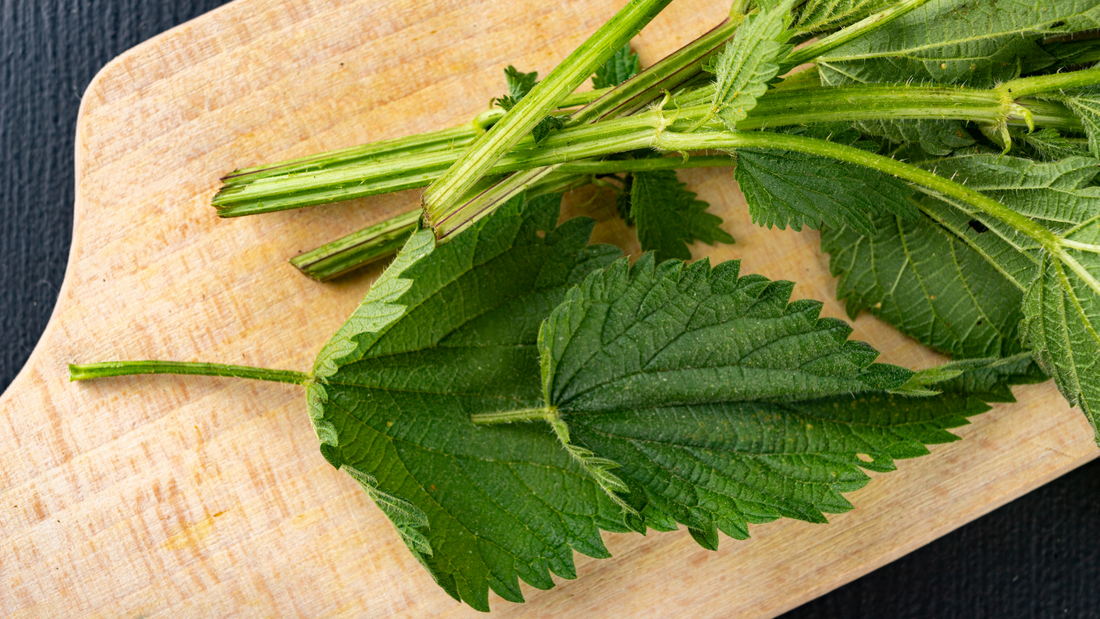
Known for its anti-inflammatory properties, stinging nettle helps relieve joint pain in conditions like rheumatoid arthritis and osteoarthritis.
Usage: Consume as tea or supplements (300-600 mg daily). Fresh nettle leaves can also be used in cooking or as a topical poultice.
Chamomile (Matricaria chamomilla)

Chamomile is renowned for its soothing properties, helping reduce joint inflammation and pain.
Usage: Drink chamomile tea several times daily or apply chamomile-infused oil to joints for topical relief.
Bromelain (Ananas comosus)
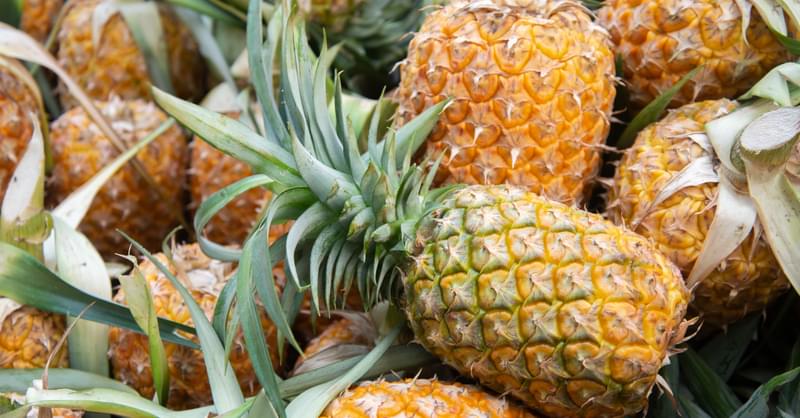
Bromelain is an enzyme found in pineapples, which reduces inflammation and pain by breaking down proteins that cause inflammation.
Usage: Take bromelain supplements (500-1000 mg daily), but consult a healthcare provider before starting.
Green Tea (Camellia sinensis)
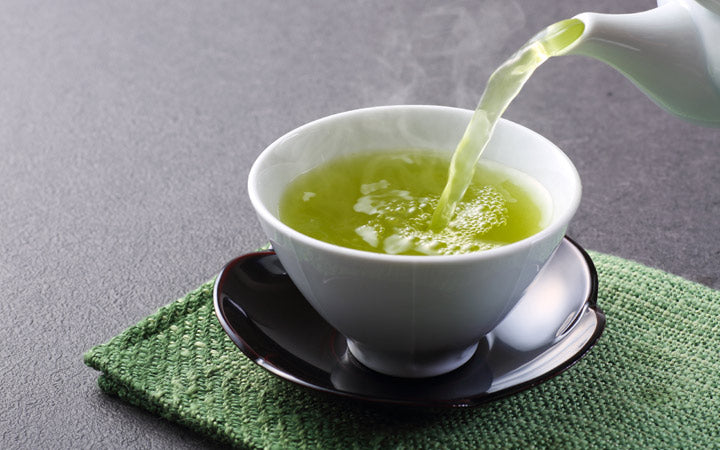
Green tea contains catechins, powerful antioxidants that reduce inflammation and slow arthritis progression.
Usage: For arthritis relief, drink 2-3 cups daily or take green tea extract capsules (500-1000 mg daily).
Turmeric and Black Pepper (Piper nigrum)
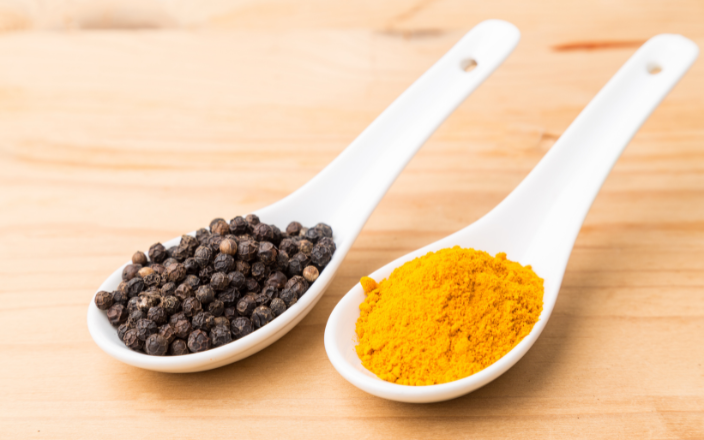
Black pepper enhances the absorption of curcumin in turmeric, boosting its anti-inflammatory effects.
Usage: Add black pepper to turmeric tea, smoothies, or curries, or consume supplements containing both.
Ginkgo Biloba (Ginkgo biloba)

Ginkgo biloba improves circulation and reduces inflammation, alleviating pain and swelling in arthritis-affected joints.
Usage: Take in capsule or tablet form (120-240 mg daily, divided into two doses).
Lavender (Lavandula angustifolia)
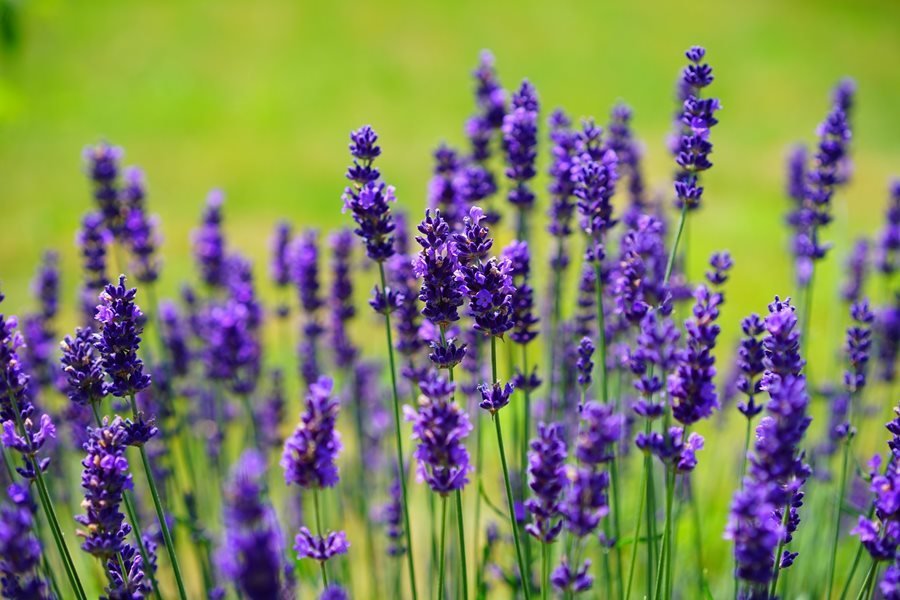
Lavender’s calming and anti-inflammatory properties help relax muscles and reduce arthritis discomfort.
Usage: Use lavender oil in aromatherapy or mix it with carrier oil for joint massage. Add a few drops to a warm bath for relief.
These natural remedies offer an alternative or complementary approach to managing arthritis and joint pain, providing relief and improving quality of life.
How to Incorporate These Herbs into Your Routine
- Herbal Teas: Many herbs listed above, such as ginger, chamomile, and green tea, can be easily consumed as teas. Brew them fresh or buy pre-packaged herbal teas. Drinking 1-2 cups per day can provide relief from joint pain.
- Supplements: For more concentrated effects, herbal supplements are available in capsule, tablet, or liquid form. Follow the recommended dosage instructions, and consult your healthcare provider before starting any new supplement regimen.
- Topical Applications: Oils and creams infused with herbs like eucalyptus, turmeric, and lavender can be massaged directly into the affected joints. These applications can provide fast relief from pain and inflammation.
- Incorporate into Diet: Adding herbs like turmeric, ginger, and celery seed into your daily meals enhances flavor and offers anti-inflammatory benefits over time.
How to Control Uric Acid for Gout Relief
Gout is arthritis caused by high uric acid levels in the blood. Uric acid forms crystals that deposit in the joints, leading to intense pain and swelling, typically in the big toe. Here are some natural ways to control uric acid levels:
- Stay Hydrated: Drinking plenty of water helps flush uric acid out of the body through urine, reducing the risk of gout attacks.
- Limit Purine-Rich Foods: Red meat, organ meats, seafood, and alcohol can increase uric acid levels. Limit their intake to prevent gout flare-ups.
- Consume Cherries: Cherries contain compounds that may help lower uric acid levels. Eating a handful of cherries or drinking cherry juice regularly can help manage gout symptoms.
- Increase Vitamin C Intake: Vitamin C helps reduce uric acid levels in the blood. Include vitamin C-rich foods like oranges, strawberries, and bell peppers.
- Use Apple Cider Vinegar: Apple cider vinegar is believed to help balance the body’s pH levels, reducing uric acid build-up. Mix 1-2 tablespoons of apple cider vinegar in a glass of water and drink it daily.
Conclusion
Discover effective herbs for joint pain relief, including natural remedies that help reduce inflammation and improve mobility. Arthritis and joint pain can be debilitating, but with the right combination of lifestyle changes and natural remedies, you can alleviate symptoms and improve your quality of life. Incorporating anti-inflammatory herbs like turmeric, ginger, and boswellia, maintaining a healthy weight, staying active, and managing uric acid levels can make a significant difference in managing arthritis naturally. Always consult your healthcare provider before starting any new treatment, and stay consistent with your efforts to keep your joints healthy and pain-free.
FAQs
Q. Can herbs alone cure arthritis?
A. Herbs can be effective in managing arthritis symptoms. Still, they should be part of a comprehensive treatment plan that includes proper diet, exercise, and consultation with a healthcare provider.
Q. Are there any side effects of herbal remedies?
A. While herbal remedies are generally safe, they may cause side effects in some individuals, especially when taken in large quantities or combined with medications. Always consult a healthcare provider before starting any herbal treatment.
Q. How long does it take for natural remedies to show results?
A. The effectiveness of natural remedies varies depending on the individual and the severity of the condition. Some people may experience relief within a few days or weeks, while others may need more time.

